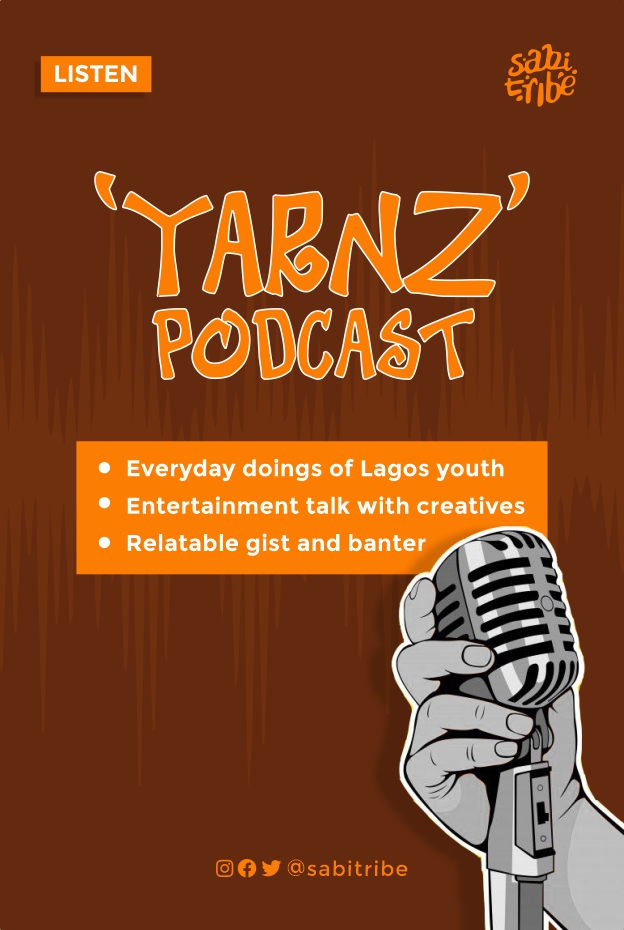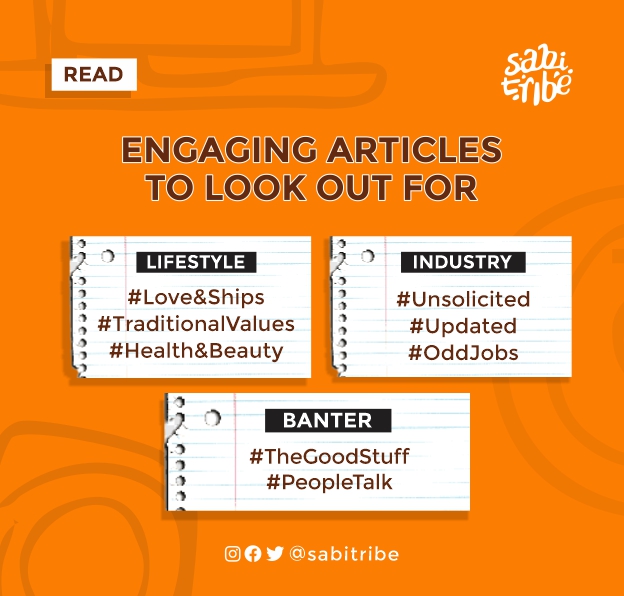Similarity in diversity
Nigeria has about 371 ethnic groups dispersed throughout its geographical zones. They all have their own dialects, cuisines, religions, dances, and other customs. Despite their differences, they have certain similarities.
These parallels do not appear on the surface. One must analyze their differences in order to fit all the jigsaw pieces of their commonalities together.
Here are some of the similarities:
1. Comparable political systems:
The traditional governing structure in Nigeria is the same for all ethnic groupings. In Nigeria, the rulers of practically every village and town are referred to as kings (although they all have unique names, e.g. Oniworo of Awori kingdom, Oba of Benin, Ooni of Ile-Ife, Amanyanabo of Kalabari kingdom, e.t.c.).

2. Religion:
Members of Nigeria’s three main ethnic groupings include both Muslims and Christians. Some Yorubas are Christians who follow the Protestant faith. Roman Catholicism is prevalent mostly among Igboland’s ethnic groupings.
Indigenous beliefs are widespread among practically all ethnic groups.

3. Family structure:
The family structure in Nigeria is the same for all ethnic groups. Monogamous and polygamous households are the most popular family structures in Nigeria. A Potopo man may choose to have two wives in the same manner as an Okobo man might choose to have three or more wives.
That is to say that there is no family structure that is peculiar to a particular ethnic group.

4. Marriage structure:
In Nigeria, all ethnic groups believe in paying the bride price. The payment made by a potential groom and his family to a prospective bride and her family is known as the bride price. All ethnic groups hold the bridal price payment in high regard. The bride price is prevalent not just in Nigeria, but also in other African nations. They do it because they feel it is a proper way to honour the bride’s family during the wedding ceremony.
However, most people mistakenly refer to the bride price as “dowry,” despite the fact that the two terms have completely distinct connotations. A woman’s dowry is the money, possessions, or estate she provides to her husband when they marry. Getting a “dowry” is encouraged in countries like Nepal, India and other places.

It’s quite heartbreaking how many people ignorantly reduce Nigeria’s ethnic groupings to just Hausa, Igbo, Yoruba, and Fulani when the country has a diverse array of ethnic groups and cultures.
#TraditionalValues is a segment documenting the beauty of indigenous culture. This edition sensitizes Nigerians on the similarities between all ethnic groups.




